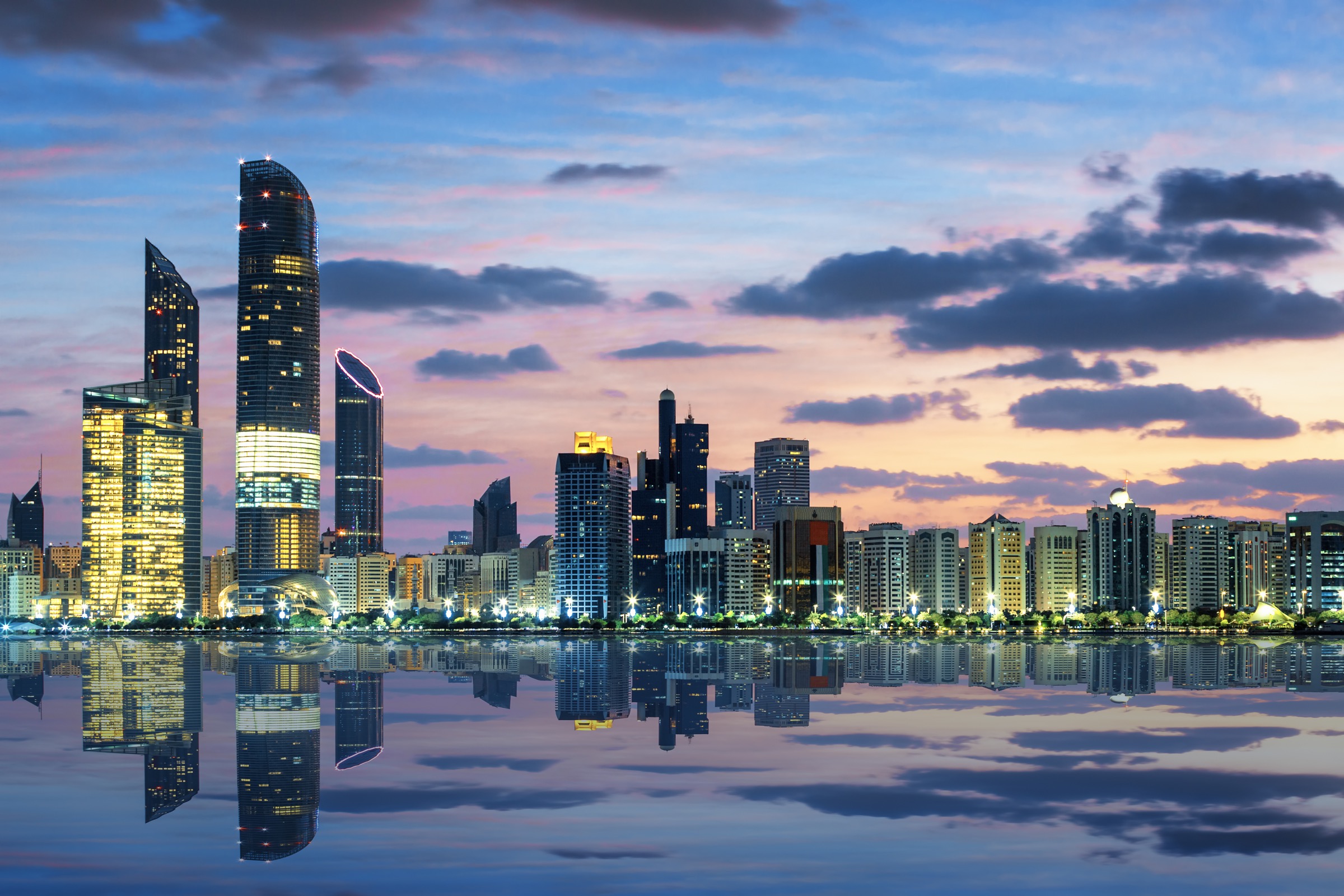
Abu Dhabi is a city of 1.3 million people and is the capital of both the Emirate of Abu Dhabi and the United Arab Emirates. It is conveniently located in the Middle East between Europe and Asia, right next to Africa. It is accessible by air within six to eight hours flight radius from many major cities in Europe and Asia. Abu Dhabi is only one and a half hour away from Dubai by driving, which is a global hotspot for leisure and recreation.1
Abu Dhabi is also the center of the UAE’s industry and one of the fastest growing cities in the world with great ambitions both for growth and the development of knowledge and advanced technology, particularly in the domain of cyber security. The 2030 vision for Abu Dhabi is to create a confident, secure society and to develop a sustainable, global and competitive economy. Given its reliance on critical cyber-physical systems, information security concerns are at the heart of many government initiatives. Therefore, several well known cyber-security related events and conferences, including Black Hat and RSA-Middle East, were held in Abu Dhabi.
 International residents from 120 countries make up 80 percent of the population of the city of Abu Dhabi, and English, Hindi, Malayalam, Urdu, Farsi, Tagalog, and French are spoken as often as Arabic. All signs (road, store, restaurant, etc.) are either in English or in both English and Arabic. It is quite easy to navigate the city using English.
International residents from 120 countries make up 80 percent of the population of the city of Abu Dhabi, and English, Hindi, Malayalam, Urdu, Farsi, Tagalog, and French are spoken as often as Arabic. All signs (road, store, restaurant, etc.) are either in English or in both English and Arabic. It is quite easy to navigate the city using English.
The city of Abu Dhabi is very well connected with all major international airports in Americas, Africa, Asia and Europe. Abu Dhabi International airport is served by more than 52 airlines flying to and from some 85 cities in over 49 countries. Local airlines like Etihad (of Abu Dhabi) and Emirates (of Dubai) are known to offer highly competitive rates.
Citizens of many countries2 can get a free-of-charge entry visa upon arrival at Abu Dhabi International Airport. For citizens of countries that require a visa to enter UAE, the visa application process is done online and does not require an in-person appearance at a consulate or embassy. An invitation letter will be provided to conference guests who need to apply for a visa in their home countries.
 The UAE’s Constitution guarantees equal rights for both men and women in terms of legal status, honorary titles, education, health and social welfare, and the right to practice professions. The UAE is safe for women traveling on their own. Women, both native-born and expatriate, experience no special restrictions in daily life and are free to drive cars and move about freely without the company of a man.
The UAE’s Constitution guarantees equal rights for both men and women in terms of legal status, honorary titles, education, health and social welfare, and the right to practice professions. The UAE is safe for women traveling on their own. Women, both native-born and expatriate, experience no special restrictions in daily life and are free to drive cars and move about freely without the company of a man.
Abu Dhabi is considered conservative but tolerant when it comes to dress code. Given the diverse nature of the population, one can see many different types of dress in Abu Dhabi (e.g., jeans, saris, business suits, dishdashas, and abayas). Visitors are free to wear the same clothes that they would wear at their home country, but both men and women typically refrain from wearing excessively revealing clothing out of respect for the local culture and customs.

1http://www.visitabudhabi.ae/en/default.aspx
2These countries include Australia, Andorra, Austria, Brunei, Belgium, Bulgaria, Canada, Croatia, Cyprus, Czech Republic, Denmark, Estonia, Finland, France, Germany, Greece, Hong Kong, Hungary, Iceland, Ireland, Italy, Japan, Latvia, Liechtenstein, Lithuania, Luxembourg, Malaysia, Malta, Monaco, The Netherlands, New Zealand, Norway, Poland, Portugal, Romania, San Marino, Singapore, Slovakia, Slovenia, South Korea, Spain, Sweden, Switzerland, United Kingdom, United States of America and the Vatican State. GCC citizens also do not need a visa to enter the UAE.